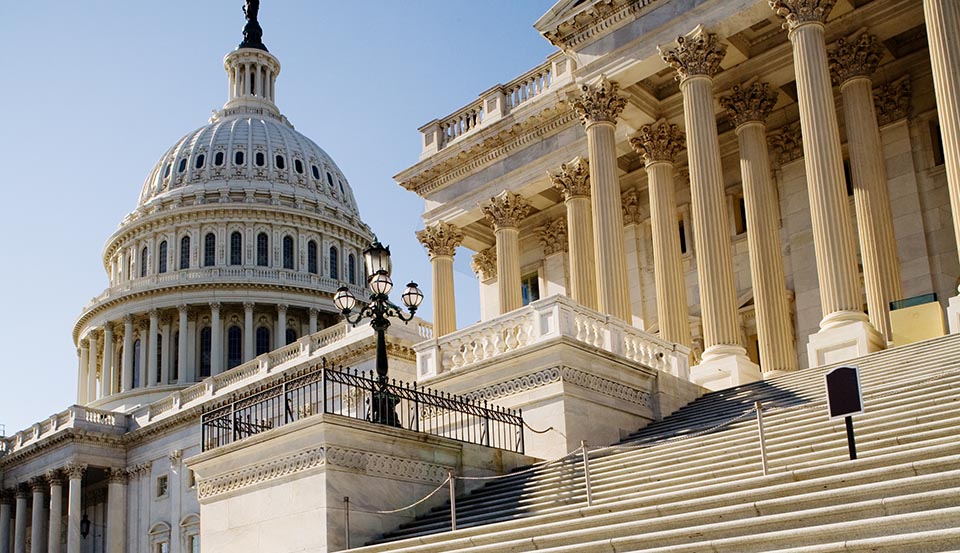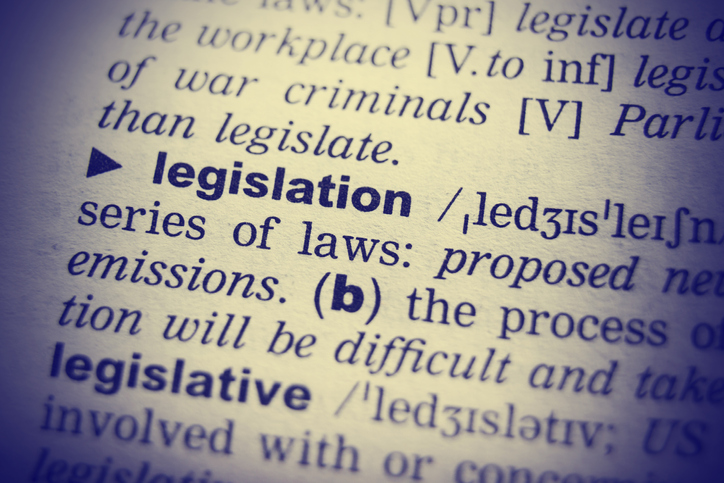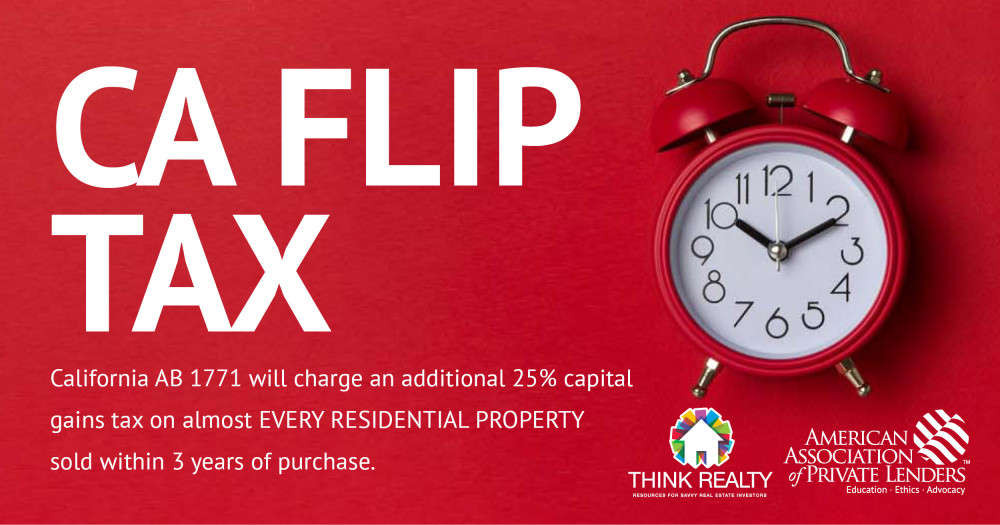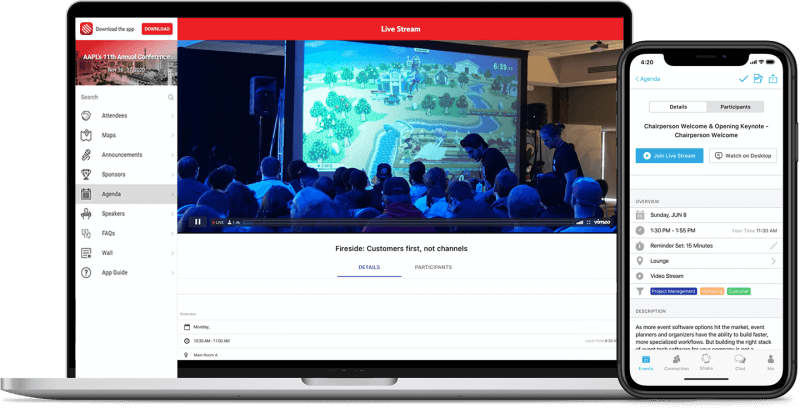Congress enacted the Home Mortgage Disclosure Act (“HMDA”) in 1975 to ensure fair lending practices are followed by banks and lending institutions. HMDA requires certain lenders to collect, record, report, and disclose information about their mortgage lending activities. Why does it matter this year? It now applies to business purpose loans.
Under the new HMDA rules which became effective on January 1, 2018, lenders will be required to submit specific information acquired during the application process to the Consumer Financial Protection Bureau (“CFPB”) via the new HMDA platform. Loan data collected for the fiscal year 2018 will be required to be uploaded to the HMDA system no later than March 1, 2019.
Do you need to report under the new rules?
If a lender meets the following threshold test, it must collect and report HMDA data to the CFPB:
- The lender has a home or branch off in a Metropolitan Statistical Area (MSA), or
- The lender received applications for, originated, or purchased five or more home purchase loans, home improvement loans, or refinance mortgages on property located within an MSA; and
- The lender originated at least 25 closed-end mortgage loans in each of the two preceding calendar years, or 100 open-ended lines of credit in each of the two preceding calendar years.
Does it apply to all types of property?
The above threshold test applies to any closed-end loan or open-end line of credit that is secured by a dwelling. Most importantly, this now includes any business purpose loan secured by a dwelling. The new HMDA rule is focused on the type of property, not the purpose of the loan. Therefore, both business purpose and consumer purpose loans are reported under the new HMDA rule.
The definition of “dwelling” under HMDA is somewhat nuanced. It is any residential structure that includes detached homes, condominiums, manufactured homes, multi-family housing, apartment complexes, etc. It does not include personal recreational vehicles, boats, or temporary housing, such as dorms, hotels, or hospitals. For mixed-use properties, where there is both a living space and commercial aspect, if the primary use of the property is for a residence, it will be subject to HMDA.
Who is responsible party for reporting?
The entity or person making the credit decision for a loan application is responsible for reporting under HMDA. Lenders making loans using their personal capital or a private mortgage fund are typically regarded as the entity making the credit decision. Some brokers have the authority to make credit decisions themselves before sending potential deals to investors. Regardless, the party that makes the ultimate decision to extend or not extend credit is responsible for collecting and reporting the HMDA data.
Are any types of loans exempt from HMDA?
Loans that are considered “temporary financing” are exempt from HMDA reporting. These are loans that are designed to be replaced by permanent financing by the same borrower at a later date. Because the loan is required to be replaced by the same borrower, so-called “fix and flip” loans would not fall under the temporary financing exclusion.
What data do you need to collect and when?
This year, there are 110 different data points a lender must collect for each loan for which the final action was taken on or after January 1, 2018. These data points include loan type, loan amount, type of action taken, ethnicity, race, sex, income, etc. The CFPB has assigned specific numeric codes to each of the data points which the lender specifies on the collection tool.
How do I report?
The CFPB has launched a HMDA LAR formatting tool, which is available online, through which a lender can record its HMDA data. The data is then submitted through the HMDA portal by March 1 of the following calendar year. Therefore, if a lender is collecting data this year in 2018, all the data is to be submitted to the CFPB by March 1, 2019. However, the CFPB also imposes a quarterly requirement in which lenders are required to ensure the completeness of the collected HMDA data within 30 days after the end of each quarter. Therefore, do not wait until February 2019 to start compiling the required data.
Although HMDA data collection and reporting seems burdensome and costly, it is important to incorporate these new rules into your lending practice. The CFPB has made a statement that the 2018 data collection year is a transition phase and they are looking for lenders to demonstrate a good faith effort in complying.
As of writing of this article, H.R. 2954: Home Mortgage Disclosure Adjustment Act has passed Congress and is waiting to be heard by the Senate Committee on Banking, Housing, and Urban Affairs. The bill, if passed, would significantly increase the qualifying reporting threshold for HMDA and would relieve many private lenders of their reporting requirements under these new rules.













Leave A Comment